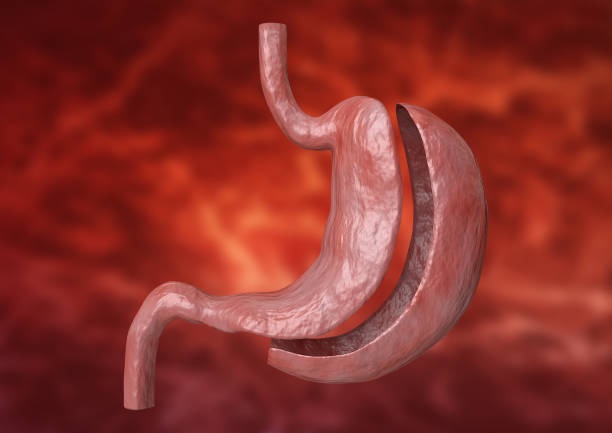The impact of bariatric surgery on sleep apnea is significant and represents one of the critical areas where weight loss can lead to profound improvements in health and quality of life. Obstructive Sleep Apnea (OSA) is a common condition characterized by repeated episodes of partial or complete obstruction of the upper airway during sleep, leading to breathing interruptions, loud snoring, and disrupted sleep patterns.Bariatric Surgery In Islamabad, Rawalpindi, And Pakistan OSA is closely associated with obesity; excess weight, especially around the neck and upper body, can increase the risk of airway obstruction during sleep.
How Bariatric Surgery Helps
Weight Loss and Airway Pressure: The most direct way bariatric surgery impacts sleep apnea is through significant weight loss. Reducing body fat decreases the pressure on the airways, which can reduce or eliminate the occurrences of airway obstruction during sleep. Even a 10% reduction in body weight can lead to a 50% reduction in the severity of sleep apnea symptoms in some patients.
Reduction in Fat Deposits: Bariatric surgery helps reduce visceral fat, including the fat deposited around the neck and the base of the tongue, which can directly contribute to airway obstruction. This reduction in fat deposits can increase the size of the airway and improve breathing during sleep.
Improvement in Respiratory Function: Weight loss following bariatric surgery can improve respiratory function and lung volumes, making it easier for the body to maintain open airways during sleep.
Decrease in Inflammation: Obesity is associated with increased systemic inflammation, which can contribute to the pathogenesis of sleep apnea. Bariatric surgery-induced weight loss can lead to a decrease in inflammatory markers, potentially reducing the severity of OSA.
Changes in Hormonal Factors: Obesity and OSA share common hormonal disturbances, including insulin resistance and altered levels of leptin and ghrelin, which can affect breathing patterns and sleep. Bariatric surgery can normalize these hormonal imbalances, contributing to the improvement of sleep apnea symptoms.
Clinical Evidence
Numerous studies have documented the positive impact of bariatric surgery on sleep apnea. Many patients experience a significant reduction in the severity of OSA, with some even achieving complete resolution of the condition. The improvement in sleep apnea symptoms is usually correlated with the amount of weight loss; however, improvements can be noticed even before significant weight loss occurs, suggesting mechanisms beyond just weight reduction at play.
Considerations and Recommendations
Pre-Surgical Evaluation: Patients with obesity considering bariatric surgery should be evaluated for sleep apnea, as undiagnosed or untreated OSA can increase the risk of perioperative complications.
Continuous Positive Airway Pressure (CPAP): For patients with OSA undergoing bariatric surgery, the continued use of CPAP post-surgery is often recommended until significant weight loss occurs, and a re-evaluation of sleep apnea severity can be performed.
Long-Term Follow-Up: Long-term follow-up is essential to monitor the recurrence of sleep apnea, as weight regain can lead to the return of symptoms. Additionally, even after significant weight loss, some patients may still require interventions for OSA.
Conclusion
Bariatric surgery offers a potentially life-changing treatment option for individuals with obesity and sleep apnea. By facilitating significant weight loss and addressing several physiological factors associated with OSA, bariatric surgery can lead to substantial improvements in sleep apnea symptoms, enhancing overall health, well-being, and quality of life. However, it is crucial for patients to have realistic expectations and understand that ongoing lifestyle changes, adherence to treatment recommendations, and long-term monitoring are essential for sustaining the benefits of surgery on sleep apnea.


No comments yet